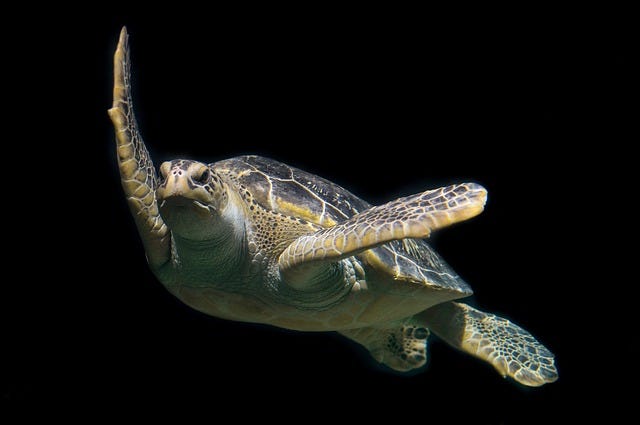The World Health Organization (WHO) reports receiving notification of the food poisoning outbreak in Zanzibar, Tanzania caused by eating sea turtle.
From March 4 through March 17, 167 cases and nine deaths ( CFR 5.6 %) were reported.

The toxicological analysis confirmed that all samples (vomitus, blood ,mucus and sea turtles meat) had marine biotoxin known as decarbamoylsaxitoxin produced by harmful algal bloom which cause chelonitoxism in humans.
The Nebraska Regional Poison Center says chelonitoxism is a rare and potentially fatal food poisoning that has been associated with marine turtles including green sea turtle (Chelonia mydas), Hawksbill turtle (Eretmochelys imbricata), Loggerhead turtle (Caretta caretta), and Leatherback turtle (Dermochelys coriacea). It is said that the cause of this type of poisoning is from turtles ingesting toxic algae that then accumulate in the tissues of the turtle. The contaminated turtles appear healthy and do not show signs of illness.
Often, poisonings happen in a mass outbreak as the consumption of turtles is often related to a group celebration. Children are the most susceptible to this type of poisoning although everyone, including pets, who consume the contaminated turtle would be at risk. Chelonitoxin food poisoning has been documented to pass to children through breastmilk. Cooking turtle meat does not destroy the toxin, all parts of the turtle are potentially toxic.
Symptoms of chelonitoxin poisoning may start as gastrointestinal issues and include abdominal pain, nausea, vomiting and diarrhea, also itching and pain in the mouth and throat have been noted. Serious neurologic symptoms include confusion, seizures, paralysis, coma and potentially death. Diagnosis is often a challenge because the signs and symptoms will resemble other types of food poisoning like ciguatera.
Subscribe to Outbreak News TV on YouTube
Treatment measures include symptomatic and supportive cares such as intravenous fluids, electrolyte replacement, and respiratory support.
Advanced medical care is often not available in the regions where outbreaks tend to occur. In addition, some individuals affected by chelonitoxism may be afraid to seek medical care due to fears of prosecution related to their illegal consumption of turtle meat.
There is no known antidote.




